St. Paul – The Center for Economic Inclusion, headquartered in Saint Paul, Minnesota, today announced expansion of its job creation and wealth building racial equity tools and services into nine markets in Alabama, Iowa, Kansas, Louisiana, Missouri, Ohio, and Virginia through groundbreaking partnerships with regional business organizations. The Center will expand its racial equity and inclusive economic growth consultancy and services for employers, local governments in efforts to accelerate efforts in each community to create a racially just, inclusive, and equitable regional economy.
The Center for Economic Inclusion has earned a national reputation for the confidence business leaders have placed in the Center’s leadership team and for the organization’s ability to motivate business leaders to take bold actions that are good for business and communities of color. Since launching in 2017, the organization has gained traction in Minnesota with the creation of data informed tools and strategies that have attracted national corporations including 3M, U.S. Bank, and Target.
In the new markets, the Center will partner with business and racial and economic justice organizations, to offer its proprietary suite of racial equity analytics tools to businesses and local governments to aid them in defining and measuring their actions and investments for racial equity, and changing course to drive measurable workforce, supply chain, philanthropy, and marketplace results in partnership with Black and Brown workers and business owners to build a racially just, inclusive and equitable regional economy. These tools include the Indicators for an Inclusive Regional Economy and the Racial Equity Dividends Index.
Over the next five years, the Center for Economic Inclusion expects to serve more than 160 employers and equip more than 10,000 people to take anti-racist actions to deepen the inclusivity and racial diversity of their workplaces and increase their capacity to build shared prosperity and inclusive economic growth.
The Center for Economic Inclusion’s expansion is made possible through two significant investments:
A $1 million grant from Google.org to support the Center’s expansion of the Indicators for an Inclusive Regional Economy into one new region (Northeast Ohio) and to advance efforts to build power in communities of color through data transparency and mobilization.
A $600,000 grant from The Robert Wood Johnson Foundation to support a partnership that will enable Brookings Metro to support the Center’s efforts to expand the Racial Equity Dividends’ Index into eight mid-sized regions across the country.
In each community, the Center will partner with a host organization that was selected through a competitive RFP, to build trusted coalitions for peer learning and action who will both anchor and sustain systemic actions for transforming the regional economies. A host organization has been selected in each community through an RFP (see page 2 for a full list)
“Partnerships with organizations like the Center for Economic Inclusion that actively work to create inclusive and equitable economies for communities are key vehicles to dismantling structural racism and other barriers to health and wellbeing built in front of some of us," explained James Hardy, Senior Program Officer, of the Robert Wood Johnson Foundation. "This important work is one way the Robert Wood Johnson Foundation is working toward building a Culture of Health, in regions of all shapes and sizes, and particularly in small and mid-size cities.”
“The economic competitiveness and growth of our nation’s cities rest on our collective ability and willingness to be as deliberate about ensuring that Black, Indigenous and people of color prosper in our regional economies, as the nation’s early policy makers and business leaders were about ensuring that our Black and Indigenous ancestors were excluded from economic prosperity. I applaud the workers, small business owners, racial and economic justice leaders, elected officers, and business leaders in Northeast Ohio, Akron, Birmingham, Cincinnati, Des Moines, Kansas City, New Orleans, Richmond, and St. Louis who have invited us to join forces with them in powering inclusion and building shared prosperity in their communities,” said Tawanna A. Black, founder and Chief Executive Officer of The Center for Economic Inclusion. “The Center for Economic Inclusion is honored to have the opportunity to expand our work in these communities that have already shown a commitment to building racially just and vibrant economies. We thank Google.org, Robert Woods Johnson Foundation, Brookings Metro and our anchor partners for their stewardship of our shared vision for the future of America’s economy."
“Data is key to stopping racial injustice and making the job market fairer," said Maab Ibrahim from Google.org. "We're joining forces with local experts to share important economic data with everyone in the community. This way, the Center for Economic Inclusion and Google.org aim to support ideas that boost economic growth and help people move up, while taking into account the community's needs and the ongoing issues related to racism and exclusion. Data can surface patterns of racial bias and be used to evaluate a city’s progress towards becoming more inclusive.”
The nine organizations and/or partnerships invited to participate include:
Akron, Ohio: Greater Akron Chamber
Birmingham, Alabama: Prosper Birmingham
Cincinnati, Ohio: Cincinnati USA Regional Chamber
Des Moines, Iowa: United Way of Central Iowa and the Greater Des Moines Partnership
Kansas City, Missouri: KC Rising and the Civic Council of Greater Kansas City
New Orleans, Louisiana: Urban League of Louisiana
Northeast Ohio: TeamNEO
Richmond, Virginia: ChamberRVA and Greater Richmond Partnership
St. Louis, Missouri: Greater St. Louis, Inc.
Interested companies in these regions may contact Nashan McKelton at activate@centerforeconomicinclusion.org or (612) 351-8200 for more information.

